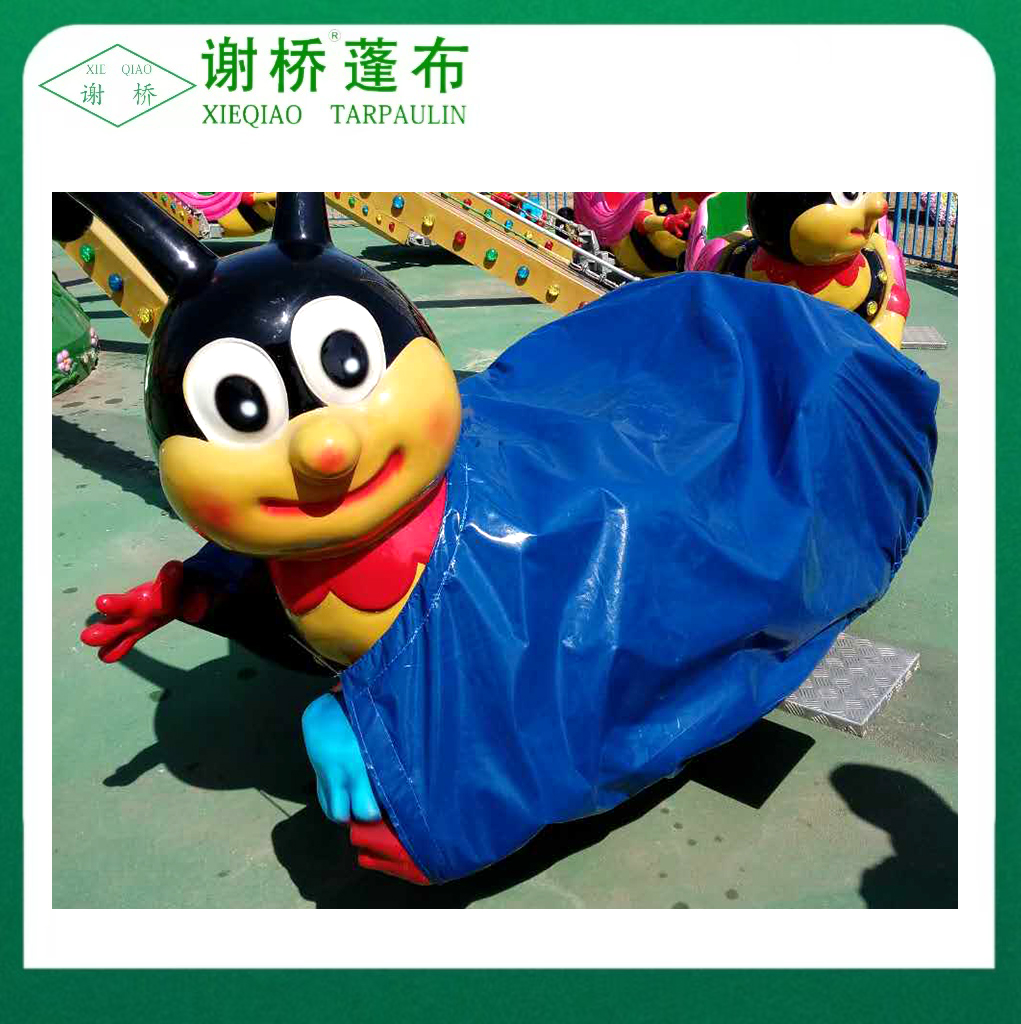Specializing in all kinds of custom tarpaulins Custom Tarpaulin Product Manufacturers
 2025.03.25
2025.03.25
 Industry News
Industry News
In the realm of protective materials, PVC waterproof covers stand out for their versatility and durability. Commonly used in a variety of industrial and commercial applications, these covers are widely regarded for their ability to shield against water. However, the critical question arises: Is PVC truly resistant to chemicals, oils, and fuels? The answer depends on several factors, including the specific type of PVC, its formulation, and the nature of the substances it encounters.
Chemical Resistance
PVC's inherent properties make it a formidable contender in resisting a broad range of chemicals. Its molecular structure is highly stable, offering good resistance to many acids, alkalis, and salts. However, its performance varies when exposed to more aggressive substances such as concentrated acids or solvents. Under extreme conditions, PVC may degrade, losing its integrity and protective capabilities. For most standard industrial environments, though, PVC covers provide adequate protection against mild to moderate chemical exposure. In situations where harsh chemicals are involved, it’s important to assess the specific chemical compatibility of the PVC material being used.
Oil Resistance
When it comes to oil, PVC performs relatively well but not without limitations. Oils, particularly petroleum-based products, can cause the material to swell or soften over time. This can lead to a loss of tensile strength and, ultimately, the failure of the cover. For short-term exposure, PVC covers generally maintain their integrity, but continuous or prolonged contact with oils may compromise their structural integrity. For applications where oils are prevalent, alternative materials designed for better oil resistance might be necessary to ensure long-term performance.
Fuel Resistance
Fuel resistance is another crucial consideration for PVC covers. Similar to oil, fuels such as gasoline and diesel can have a detrimental effect on PVC. While short bursts of exposure might not cause immediate damage, prolonged contact with fuels can lead to swelling, cracking, or even complete material breakdown. For high-risk environments involving frequent exposure to fuels, PVC covers may not offer the level of protection required. More specialized materials, such as rubber or reinforced fabrics, could provide superior resistance to these substances.
While PVC waterproof covers provide reliable protection against water and are reasonably resistant to many chemicals, oils, and fuels, their performance is not universal. Their resistance varies depending on the chemical composition of the substance in question, as well as the length of exposure. For industrial and commercial applications where chemicals, oils, and fuels are frequently encountered, it is crucial to select the right material for the task at hand. In cases of high chemical or fuel exposure, more specialized covers may be necessary to ensure optimal protection and durability.